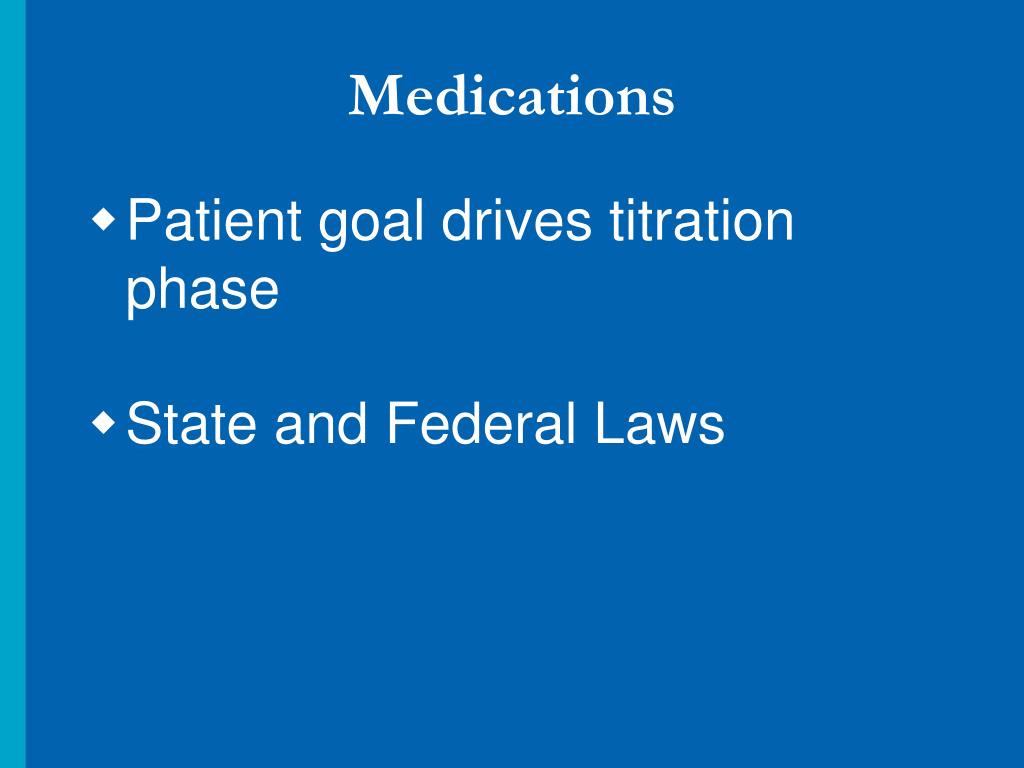
- #DOES PALLIATIVE SEDATION HASTEN DEATH HOW TO#
- #DOES PALLIATIVE SEDATION HASTEN DEATH FULL#
They may be extremely fatigued or confused. Patients who are agitated may struggle to communicate how they are feeling. If a patient is agitated at the end of life, it’s important to try to manage it.
 Are there signs of alcohol or other substance withdrawal?Īgitation is not an inevitable part of the dying process. Do you they have uncontrolled pain or other symptoms, like nausea?.
Are there signs of alcohol or other substance withdrawal?Īgitation is not an inevitable part of the dying process. Do you they have uncontrolled pain or other symptoms, like nausea?. #DOES PALLIATIVE SEDATION HASTEN DEATH FULL#
Could the patient have a full bladder or faecal impaction (when stool has built up in the rectum)?. Has anything changed in their environment?. Has anything changed in their treatment or medication?. Is the patient’s behaviour different to normal, and in what ways?. There are a number of things you can consider: 
You can speak to the patient, their family (if the patient gives consent), and professionals involved in the patient’s care. When trying to diagnose the cause of a patient’s agitation, it’s important to gather information about the patient, including if anything new has happened which might have caused their agitation, like starting a new medication.
altered blood levels including urea and creatinine, calcium, sodium, glucoseīack to top Assessing a patient with agitation. a brain tumour, including metastases or swelling in the brain (cerebral oedema). urinary retention (when a patient can’t empty all the urine from their bladder). alcohol intoxication or alcohol withdrawal. medication, such as opioids or corticosteroids. Terminal agitation happens to people who are in the advanced stages of their illness.įind out about the other signs that someone is in the last days of life.Īgitation can be caused by medications the patient is on, their condition, or psychological factors. #DOES PALLIATIVE SEDATION HASTEN DEATH HOW TO#
There’s more information on how to help a patient and those around them below.Īgitation can be a sign that the person is in the last days of life but it can also occur in earlier stages of their illness. These changes can be very distressing for the patient and their carers, family or friends.
fidgeting, including repeatedly picking at clothes or bed sheets. facial cues, like frowning, grimacing, and looking less peaceful. sometimes angry and aggressive behaviour. rambling conversation or switching topics often. being unable to concentrate or relax, or getting easily distracted. being sleepy during the day but active at night. calling out, moaning, shouting or screaming. Signs and symptoms of terminal agitation can include: 
Signs of agitationĪgitation can come on suddenly or gradually, and often it comes and goes. These terms all have different meanings but they do overlap.Īgitation is often a symptom of delirium but some patients can become agitated without delirium. You might also hear terminal agitation being described as terminal restlessness, terminal anguish, confusion at the end of life, or terminal delirium. Terminal agitation means agitation that occurs in the last few days of life. It can be linked to emotional, physical or spiritual distress. Agitation is a term that describes anxious, restless and unsettled behaviour.







 0 kommentar(er)
0 kommentar(er)
